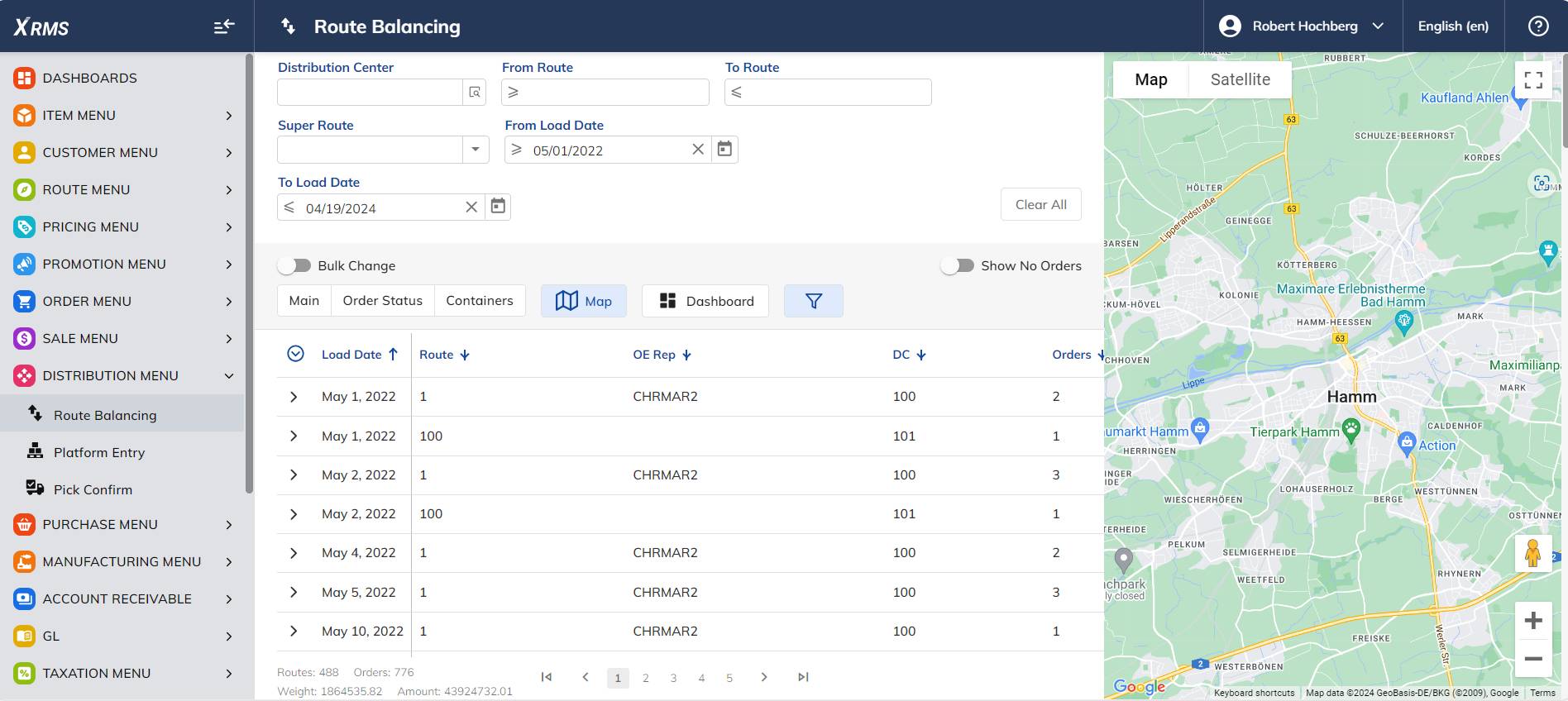From ethical sourcing to food safety, there is a growing demand for traceability and transparency throughout the supply chain.

From ethical sourcing to food safety, there is a growing demand for traceability and transparency throughout the supply chain. Direct Store Delivery (DSD) route accounting software is emerging as a powerful tool for achieving these goals, enabling businesses to track products from the farm to the shelf with unprecedented accuracy and efficiency.
Traceability refers to the ability to track the movement of products throughout the supply chain, from production to consumption. In the food industry, traceability is essential for ensuring food safety, quality control, and regulatory compliance. By tracing products back to their source, businesses can quickly identify and address any issues that may arise, such as contamination or product recalls. Additionally, traceability enhances transparency, allowing consumers to make informed choices about the foods they buy.
Direct Store Delivery route accounting software plays a vital role in facilitating traceability and transparency in the food industry. These software solutions are designed to manage all aspects of route accounting, from inventory management to order fulfillment to invoicing. By digitizing and automating these processes, DSD route accounting software provides businesses with real-time visibility into their supply chain, enabling them to track products at every stage of the journey.
One of the key features of DSD route accounting software is its ability to provide end-to-end traceability from the farm to the shelf. Here’s how it works:
1. Supplier Management: DSD software allows businesses to maintain detailed records of their suppliers, including information about product origins, certifications, and quality standards. By tracking suppliers’ performance and compliance, businesses can ensure that they are sourcing ingredients from reputable sources.
2. Inventory Tracking: With DSD software, businesses can track inventory levels in real-time as products move through the supply chain. This includes not only finished goods but also raw materials and ingredients. By maintaining accurate inventory records, businesses can quickly identify any discrepancies or issues that may arise.
3. Batch and Lot Tracking: DSD route accounting software enables businesses to trace products back to specific batches or lots, allowing for precise identification and targeted recalls if necessary. This level of granularity is essential for ensuring food safety and regulatory compliance.
4. Point-of-Sale Integration: Integration with point-of-sale systems allows businesses to capture data about individual product sales, including date, time, and location of purchase. This information can be used to track product movement and consumption patterns, providing valuable insights for inventory management and demand forecasting.
Implementing DSD route accounting software for traceability and transparency offers several benefits for businesses and consumers alike:
1. Enhanced Food Safety: By enabling quick and accurate traceability, businesses can respond rapidly to food safety issues, minimizing the risk of illness or contamination.
2. Improved Quality Control: With real-time visibility into the supply chain, businesses can identify and address quality issues before they escalate, ensuring that only the highest quality products reach consumers.
3. Increased Consumer Confidence: Transparent supply chains build trust with consumers, who are more likely to purchase products from brands that prioritize traceability and accountability.
4. Regulatory Compliance: DSD route accounting software helps businesses maintain compliance with food safety regulations and industry standards, reducing the risk of fines or penalties.
From farm to shelf, traceability and transparency are essential components of a safe and sustainable food supply chain. Direct Store Delivery route accounting software provides businesses with the tools they need to achieve these goals, enabling them to track products with precision and accuracy. By embracing traceability and transparency, businesses can build trust with consumers, ensure food safety, and drive positive outcomes for both their bottom line and the planet.
